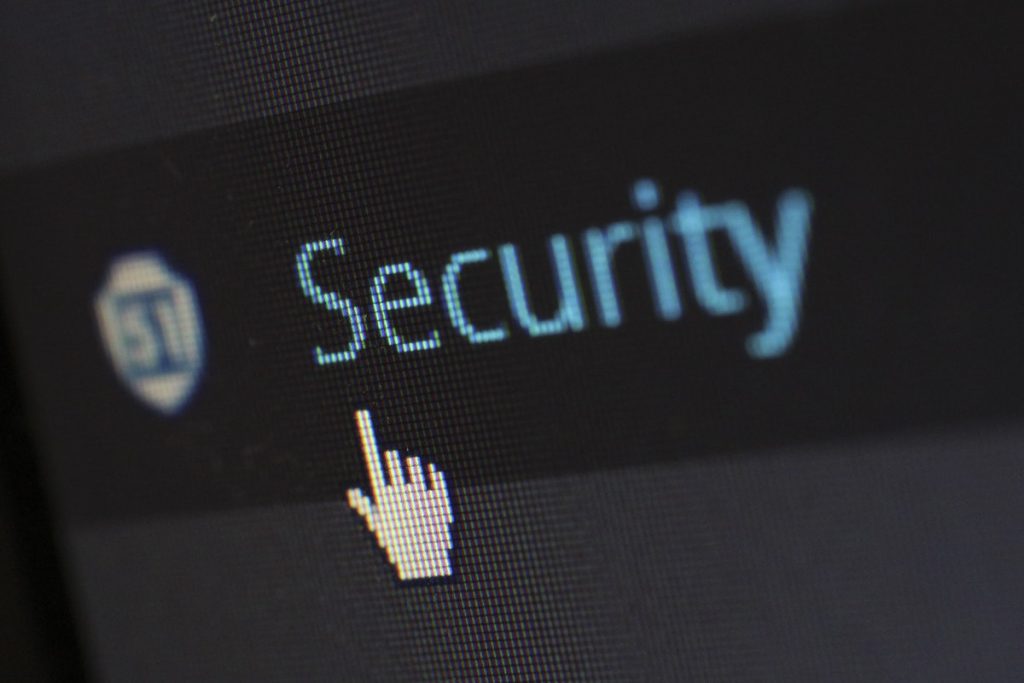Small businesses are a prime target for data theft. Hackers know that they can get more information from a small business than from a large corporation in one hack. And since small businesses often don’t have the same level of security as larger companies, it’s easier for hackers to gain access to their data.
That’s why it’s so important for small business owners to take steps to protect their data. Here are ten tips that will help you keep your data safe:
1. Keep Your Operating System and Software Up to Date
One of the easiest ways for hackers to gain access to your information is through software vulnerabilities. The most common way they do this is through viruses and malware, but hacking techniques also use specific operating systems or software flaws.
To help prevent this, make sure you keep your operating system and software up to date so you have the most secure version. It’s also a good idea to run an antivirus scan on your computer once a week.
2. Create Strong Passwords
Passwords are another common way hackers can get into your network. To help ensure your passwords are strong enough to protect your data, follow these tips:
- Use numbers, symbols, and capital letters for your password. This will make it harder for hackers to guess.
- Change them regularly. This way, you’re always using a password that no one else has guessed.
- Don’t use the same passwords across sites or devices. That way, if one account is compromised, hackers can’t access your other accounts.
- Don’t share passwords with anyone. Even if someone needs to access your files for work purposes, make sure they are the only person who has the password.

3. Install an Antivirus or Internet Security Program
If you think your computer may already be compromised, it’s a good idea to install an internet security program. An internet security program will help identify and remove viruses and malware from your computer. It will also protect your information by blocking hackers who are using hacking tools to gain access to your files.
4. Use a Firewall
A firewall is a program that protects your computer from unwanted access. It can help keep hackers from accessing your network and accessing files on your computers. A good firewall will also restrict the amount of information that comes into or out of your business, so hackers don’t have as much opportunity to steal data.
5. Limit the Data You Collect
Hackers typically try to find as much information about you and your company as possible, so they can use it for identity theft purposes or sell it on the black market. This is why it’s important to limit how much personal data you give out to customers and other businesses. Make sure you delete any customer information that you don’t need and only keep the data for as long as required.
6. Keep Sensitive Data in a Secure Location
It’s also important to physically secure your office space. This will help prevent unauthorized personnel from getting into your business, where they could access sensitive information like social security numbers, bank account information, and employee records.
7. Have a Breach Response Plan
Having a plan in place for what to do should your business be the target of data theft will help ensure that you’re ready if it ever happens. This should include contact information for law enforcement agencies should they need to be contacted as well as public relations agencies, since you will need to draft a public statement to help protect your company’s reputation.
8. Use a Data Backup Company
Regularly backing up your data will ensure that even if someone manages to steal it from you, they won’t be able to access it. You can choose between an onsite backup, where you store a copy of your data at your office, or an offsite backup, which is stored in a secure facility. It’s also important to keep this data secure and back it up frequently, so you always have access to the latest version.
9. Protect the Data You Collect from Customers
While you want to collect as much customer information as possible, do not store credit card information or other sensitive data. Instead, use a third-party payment gateway that uses an encrypted connection and keep any other personal information securely stored on your computer or in a safe deposit box at your bank.
10. Choose a Reliable IT Support Company
Having reliable and knowledgeable IT support is essential for any business. A good company will not only keep your systems running smoothly, but they’ll also be able to help you fix problems quickly and get back up and running in no time. With the right network security provider and IT support, you can ensure your systems are ready for anything.
Small business owners should take the time to protect their data from thieves. If you follow these ten tips, your company’s data will be safe and secure while also ensuring that it isn’t vulnerable to theft by a hacker or other third party who may have access to sensitive information about your customers.



